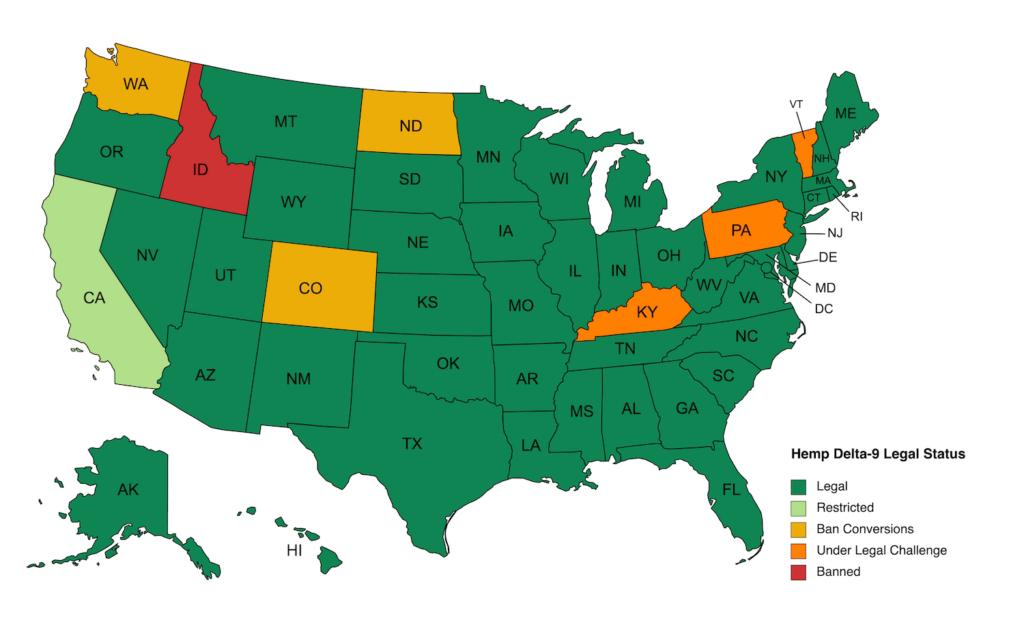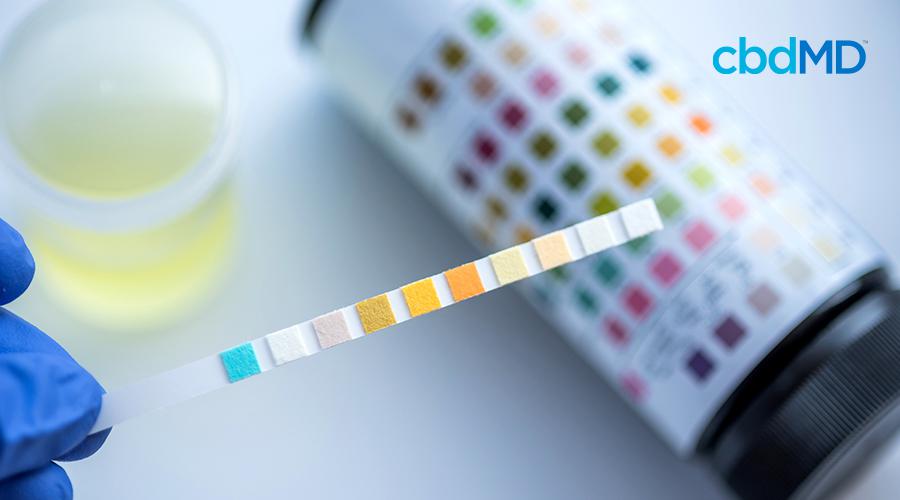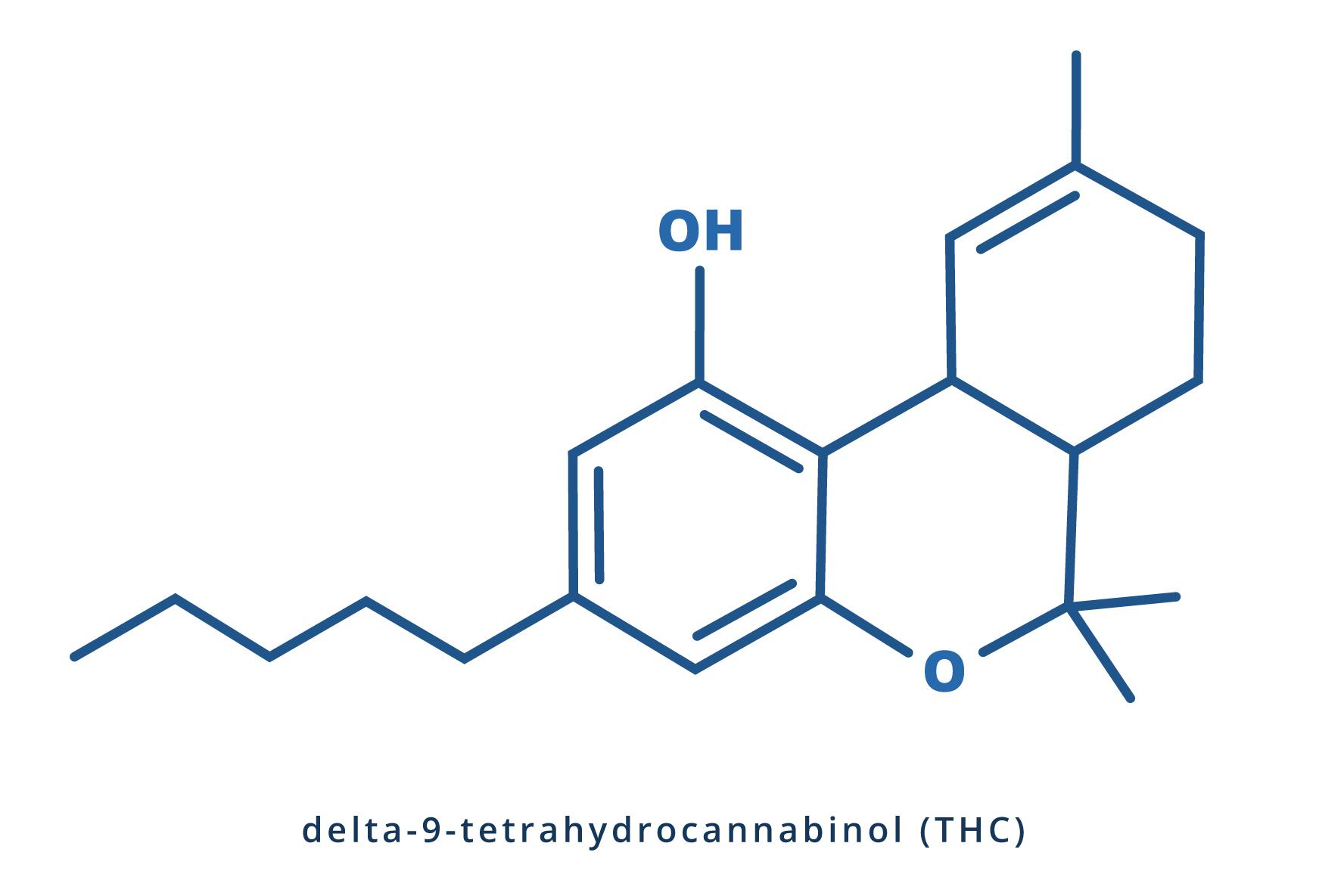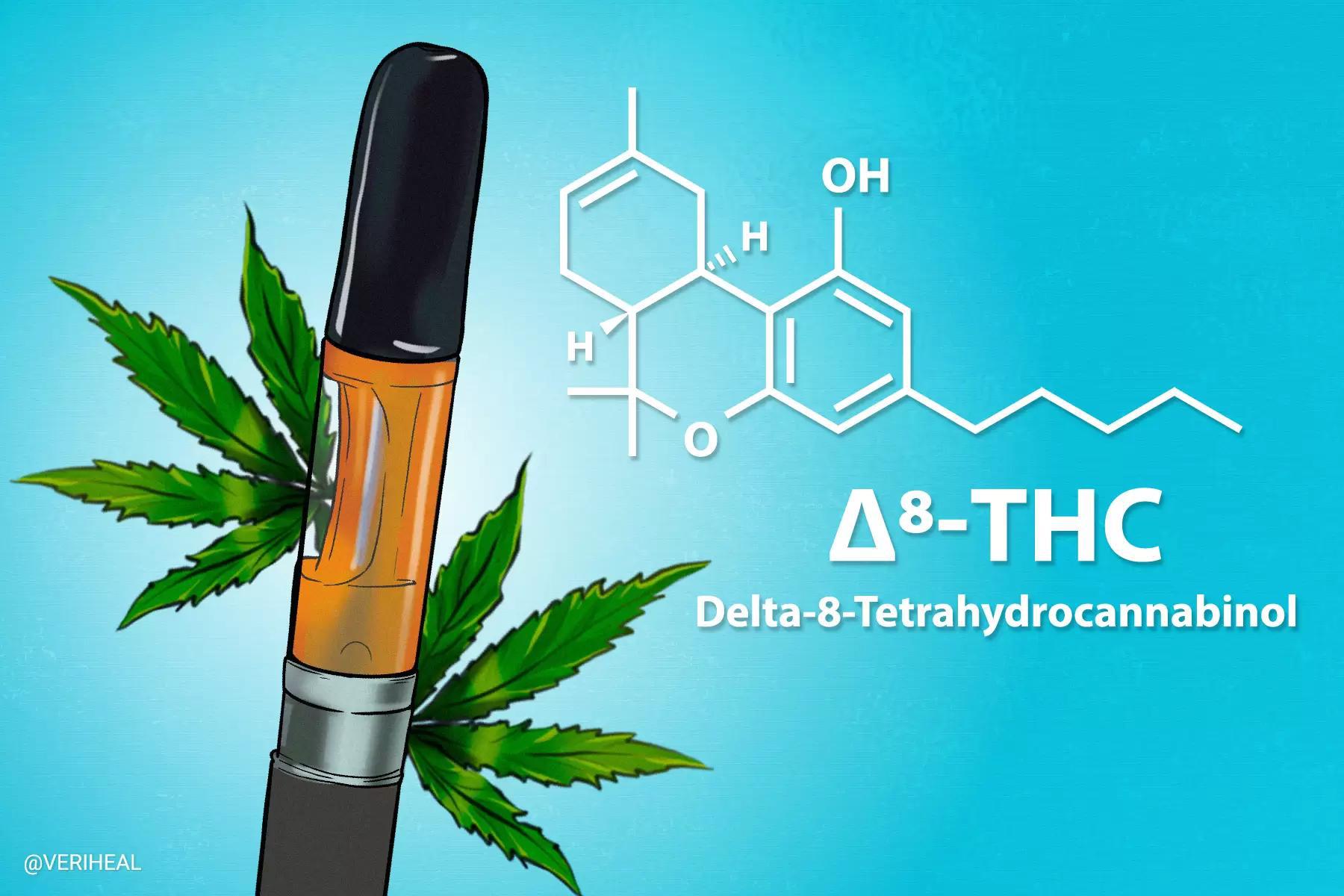What is delta-9?
Delta-9 is a term that is commonly used to refer to the chemical compound delta-9-tetrahydrocannabinol, which is abbreviated as THC. THC is a psychoactive compound that is found in the Cannabis plant, and it is responsible for many of the plant’s psychological and physiological effects. When THC is ingested, it can produce a range of effects, including altered perception, relaxation, and altered mood. It is also a powerful analgesic, and it has been used to treat a variety of medical conditions, including chronic pain, nausea, and spasticity. However, delta-9 is also a controlled substance in many countries, and its use is regulated by law.
Is delta-9 legal?

The legal status of delta-9-tetrahydrocannabinol (THC) varies widely around the world. In some countries, THC of any kind is completely illegal and is classified as a controlled substance. In other countries, it is legal for medicinal purposes only, and in some cases, it is legal for both medicinal and recreational use.
In the United States, the federal government classifies THC as a Schedule I controlled substance, which means that it is illegal under federal law. However, some states have legalized THC for medicinal or recreational use, and in these states, the substance is regulated and taxed like alcohol or tobacco.
It is important to note that the legal status of THC can change frequently, and it is advisable to check the laws in your specific location before using THC or any other controlled substance.
Is delta-9 safe?
Delta-9-tetrahydrocannabinol (THC) is a psychoactive compound that is found in the Cannabis plant, and it is responsible for many of the plant’s psychological and physiological effects. When THC is ingested, it can produce a range of effects, including altered perception, relaxation, and altered mood. It is also a powerful analgesic, or painkiller, and it has been used to treat a variety of medical conditions, including chronic pain, nausea, and spasticity.
Overall, delta-9 is generally considered to be safe when used in small to moderate amounts, and it has a relatively low risk of overdose. However, THC can have some negative side effects, especially when used in large amounts or by people who are not accustomed to its effects. These side effects can include anxiety, paranoia, dizziness, and impaired memory and judgment. Additionally, THC can impair motor skills and coordination, which can increase the risk of accidents or injuries.
It is also important to note that THC can interact with certain medications, such as blood thinners and antidepressants, and it can have negative effects on people with certain medical conditions, such as cardiovascular disease, schizophrenia, and liver disease. As with any substance, it is important to use THC responsibly and to be aware of the potential risks and side effects.
What is the difference between delta-8 and delta-9?

Delta-8-tetrahydrocannabinol (delta-8 THC) and delta-9-tetrahydrocannabinol (delta-9 THC) are both psychoactive compounds that are found in the Cannabis plant. Both compounds are members of the cannabinoid family, which includes over 100 different compounds that are found in the Cannabis plant.
The main difference between delta-8 THC and delta-9 THC is their chemical structure. Both compounds have a similar chemical structure, but delta-8 THC has a double bond on the 8th carbon atom, while delta-9 THC has a double bond on the 9th carbon atom. This small difference in their chemical structure leads to some differences in their effects and their interactions with the body’s endocannabinoid system.
Delta-9 THC is the more well-known and more abundant of the two compounds, and it is responsible for many of the psychological and physiological effects of Cannabis. It is a potent psychoactive compound that produces a range of effects, including altered perception, relaxation, and altered mood.
Delta-8 THC is less abundant in the Cannabis plant, and it is less potent than delta-9 THC. It has a lower psychoactive effect and is often described as producing a more mellow and relaxing effect. Delta-8 THC is being researched for its potential medicinal benefits, including as an appetite stimulant and as a treatment for chemotherapy-induced nausea and vomiting.
The legal status of delta-8 THC and delta-9 THC also differs in some areas. In the United States, delta-9 THC is classified as a Schedule I controlled substance and is illegal under federal law, while delta-8 THC is not specifically scheduled and is legal in some states. However, it is important to note that the laws governing these compounds can vary widely and can change frequently, so it is advisable to check the laws in your specific location before using either compound.
Will delta-9 show up in a drug test?
Delta-9-tetrahydrocannabinol can be detected in the body through drug testing, and it is possible that it could show up in a drug test depending on the type of test being used and the sensitivity of the test.

THC can be detected in the body through several different types of drug tests, including urine, blood, hair, and saliva tests. The length of time that THC can be detected in the body can vary widely depending on a number of factors, including the frequency and amount of use, the person’s metabolism, and the type of drug test being used.
In general, THC is most commonly detected in urine tests, and it can be detected for a longer period of time in this type of test compared to other types of tests. THC can typically be detected in a urine test for up to 30 days after use, although this can vary depending on the person’s metabolism and the amount of THC consumed.
It is important to note that drug testing policies and procedures can vary widely, and it is advisable to check with the specific testing facility or employer for information on the types of tests being used and the cutoff levels for THC detection.
Which one has a stronger high – delta-8 or delta-9?
Delta-8-tetrahydrocannabinol (delta-8 THC) and delta-9-tetrahydrocannabinol (delta-9 THC) are both psychoactive compounds that are found in the Cannabis plant. Both compounds are members of the cannabinoid family, which includes over 100 different compounds that are found in the Cannabis plant.
Delta-9 THC is the more well-known and more abundant of the two compounds, and it is responsible for many of the psychological and physiological effects of Cannabis. It is a potent psychoactive compound that produces a range of effects, including altered perception, relaxation, and altered mood. Delta-9 THC is generally considered to produce a stronger high compared to delta-8 THC.
Delta-8 THC is less abundant in the Cannabis plant, and it is less potent than delta-9 THC. It has a lower psychoactive effect and is often described as producing a more mellow and relaxing effect. Delta-8 THC is being researched for its potential medicinal benefits, including as an appetite stimulant and as a treatment for chemotherapy-induced nausea and vomiting.
It is important to note that the effects of delta-8 THC and delta-9 THC can vary widely depending on a number of factors, including the person’s metabolism, the amount consumed, and the person’s individual sensitivity to the compounds. It is also important to note that the effects of these compounds can be unpredictable and can vary from person to person.
How long does delta-9 stay in your system?
Delta-9-tetrahydrocannabinol (THC) is a psychoactive compound that is found in the Cannabis plant, and it is responsible for many of the plant’s psychological and physiological effects. THC can be detected in the body through drug testing, and the length of time that THC can be detected in the body can vary widely depending on a number of factors.
Factors that can affect how long THC stays in the body include:
- The frequency and amount of THC use
- The person’s metabolism
- The person’s body mass and fat content
- The type of drug test being used
In general, THC is most commonly detected in urine tests, and it can be detected for a longer period of time in this type of test compared to other types of tests. THC can typically be detected in a urine test for up to 30 days after use, although this can vary depending on the person’s metabolism and the amount of THC consumed.
THC can also be detected in blood tests, but it is typically only detectable for a shorter period of time compared to urine tests. THC can be detected in a blood test for up to several days after use, although this can also vary depending on the person’s metabolism and the amount of THC consumed.
It is important to note that drug testing policies and procedures can vary widely, and it is advisable to check with the specific testing facility or employer for information on the types of tests being used and the cutoff levels for THC detection.




